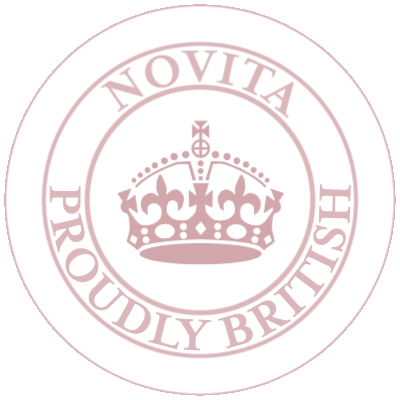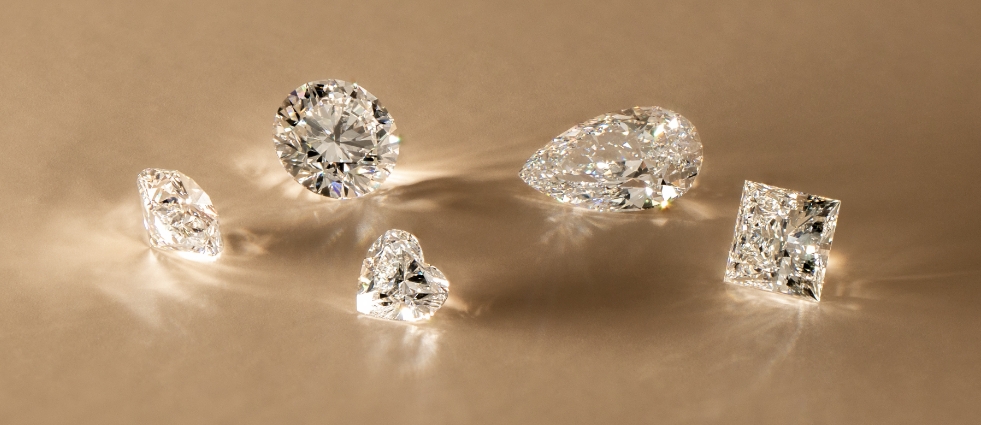People all around the world are starting to awaken to the reality of climate change and the need to urgently pivot to a more sustainable and ethical future. They are also, rightly so, asking the pointed question of who or what is really to blame for this accelerated deterioration? The answer is almost always corporate and industrial greed. Those with power will always exploit the planet’s atmosphere, ecosystem, and finally, the poorest for profit. Consequently, these influential people and organisations are fundamentally opposed to this drive towards ethics and sustainability that can potentially risk their margins.
It is inevitable, and therefore, when faced with growing pressure from the public, those responsible will attempt to hide and misdirect their operations instead of truly changing for the better. There is no better example of this than the diamond mining industry. They have been proven by many journalists and NGOs to directly cause unprecedented human and ecological destruction. The diamonds unearthed through slave labour rightfully earned mined diamonds the now infamous moniker “Blood Diamonds”. A vast majority of diamonds can be found in conflict-ridden areas where the rule of law is scarce and is almost always controlled by armed militias or paramilitaries who use slave labour in the pursuit of digging up diamonds. These ‘Conflict diamonds’ subsequently sold in the global market are vital lifelines for countless corrupt and morally bankrupt companies, warlords, politicians, and businessmen who are all unwilling to comply with the drive towards responsibility and substantiality by consumers and governments around the world and witness their profit from ‘Blood Diamonds’ dry up.








